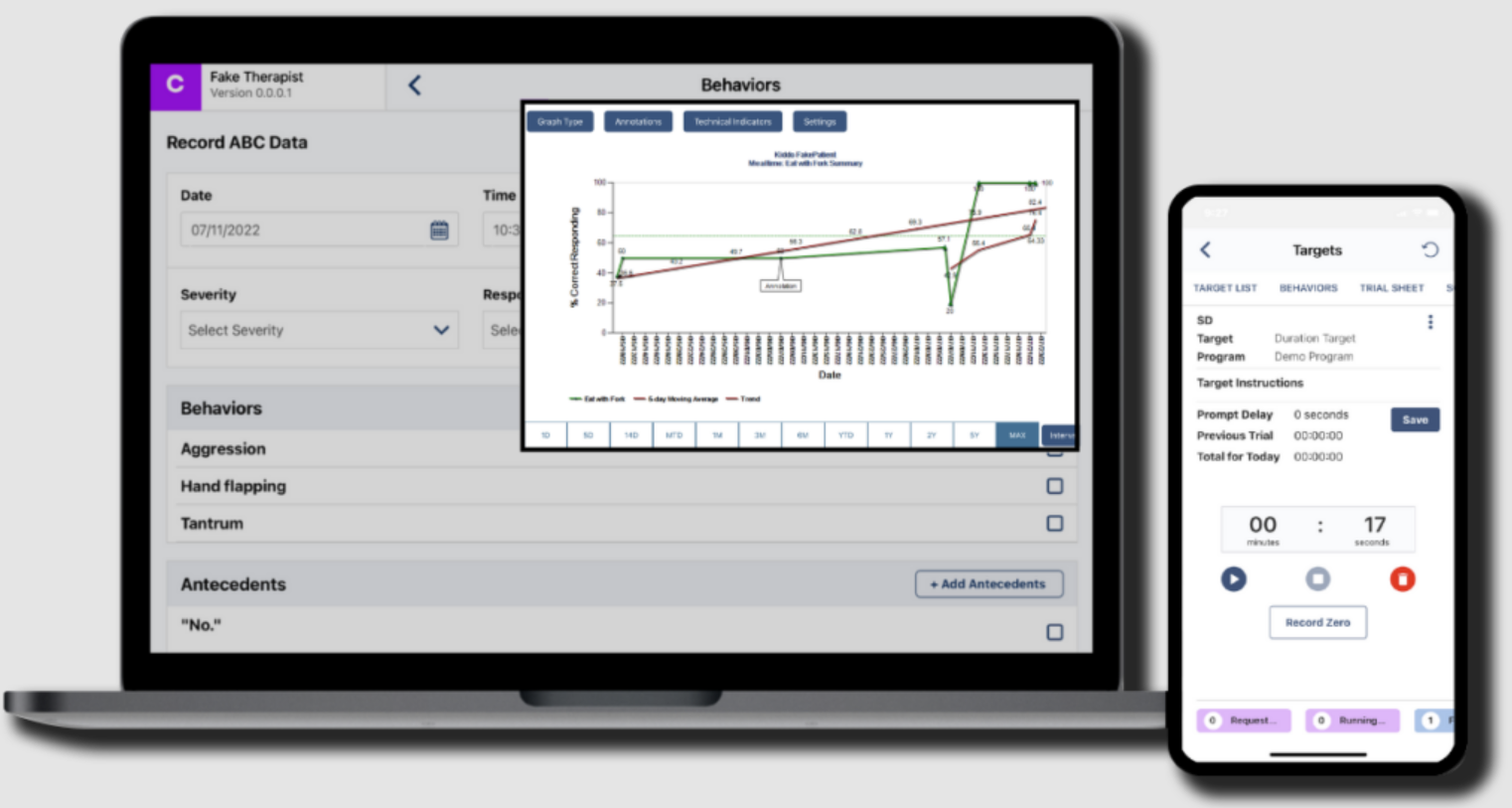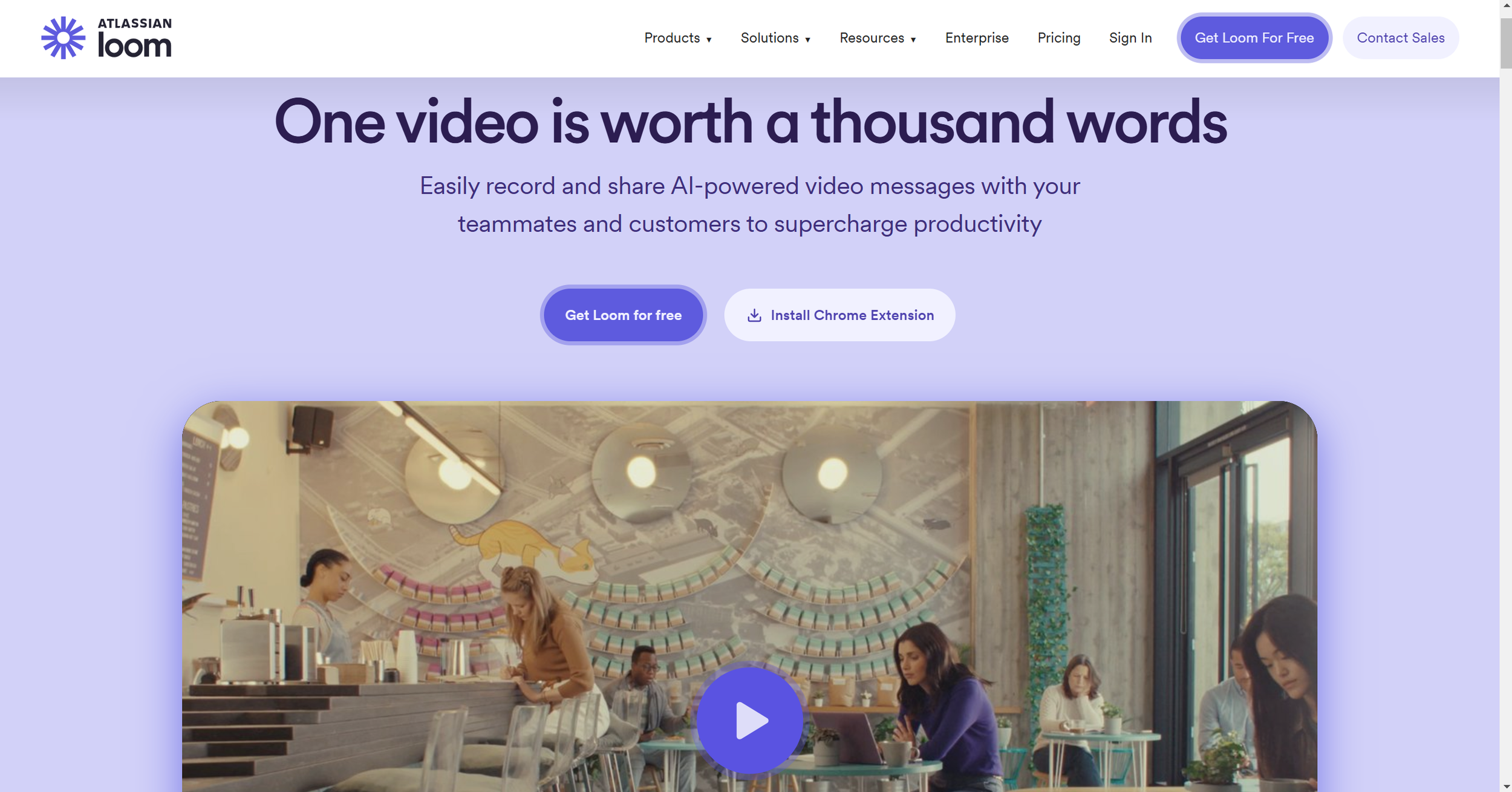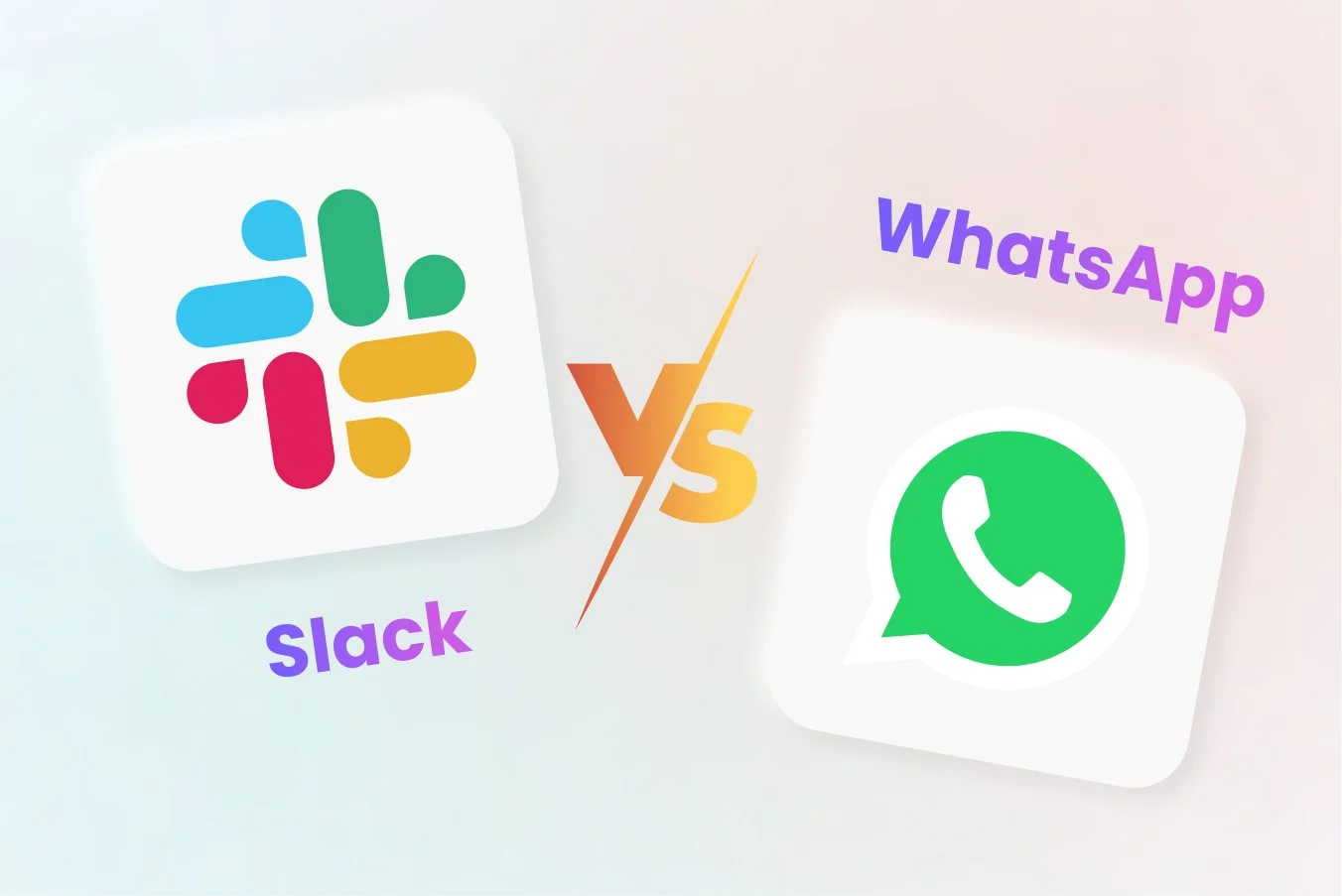Enhancing Parent Involvement in ABA Therapy through Technology
In the world of ABA therapy, getting parents actively involved can make a huge difference in a child’s progress. When parents are on board, skills practiced in sessions extend to home and everyday life, creating a more meaningful impact. But let’s face it—between busy schedules, other responsibilities, and sometimes even geographic barriers, keeping parents engaged isn’t always easy. Thankfully, technology is here to help. From simple communication tools to interactive learning apps, tech is transforming the way BCBAs connect and collaborate with parents. Here’s how it can make your job easier and bring parents into the fold more effectively.
1. Data-Tracking Apps That Keep Everyone in the Loop
Ever wish you could give parents a window into their child’s progress? Data-collection apps like Catalyst and CentralReach let you do just that. With these tools, parents can log in to check on what skills are being worked on and celebrate milestones with you. Visual progress charts and simple summaries make it easy for parents to understand the data without getting overwhelmed. And the best part? Regular access keeps them engaged and makes them feel like true partners in their child’s therapy journey.
2. Video Modeling and Virtual Coaching for Hands-On Learning
Let’s be honest: It’s tough for parents to pick up everything we do in a session. Video modeling apps like PICKLE System and RELATED allow us to provide visual, step-by-step guides for parents to use at home. Whether it’s teaching self-care routines or social skills, these video models make complex skills easier to grasp and practice. Pair this with virtual coaching sessions (using Zoom or other telehealth platforms), and you’ve got a powerful toolkit for showing parents exactly how to reinforce ABA strategies in real life.
3. Personalized Training Videos for Home Use
Sometimes, all parents need is a little extra guidance on a specific strategy, like using reinforcement or redirecting challenging behavior. By creating quick, custom video tutorials using tools like Loom, you can deliver targeted training they can watch on their own time. This kind of on-demand support helps parents feel more capable and confident—plus, they can revisit the videos whenever they need a refresher.
4. Messaging Apps for Consistent, Real-Time Communication
Keeping in touch with parents shouldn’t be a chore. Messaging platforms like WhatsApp, Slack, or secure portals within your ABA management software make it easy to send updates, answer questions, and share quick wins or challenges. With these tools, BCBAs can keep a continuous, private line of communication that doesn’t feel like work for anyone involved. And for parents who might feel nervous about asking questions or seeking clarification, messaging apps create a low-pressure way to stay in the loop and share feedback.
5. Digital Goal-Setting for More Collaborative Plans
Setting goals isn’t just something we do with clients; it’s also a chance to bring parents into the planning process. By using goal-setting platforms like Goalbook or shared Google documents, parents get a chance to weigh in on priorities and even see progress as it happens. These tools make it easier to celebrate every milestone together, and parents get a clear view of where therapy is headed. Bonus: Automatic progress updates can help parents feel like they’re truly part of their child’s journey and give them a sense of accomplishment.
6. Social Stories and Interactive Apps for Home Practice
Social stories and interactive apps like Pictello are a great way to make practice feel like play. With customizable social stories, BCBAs can create targeted “homework” for clients, which families can then work on together. By practicing social and life skills through fun stories, kids are more likely to engage, and parents have a natural way to reinforce these skills without it feeling forced. It’s a win-win for everyone!
7. Virtual Parent Training and Support Groups
Sometimes, what parents need most is community and support. Hosting regular virtual parent training sessions or support groups via Zoom or Google Meet can go a long way. It gives parents a safe space to learn, ask questions, and connect with other families going through similar experiences. These sessions not only educate but also create a sense of camaraderie, helping parents feel more confident and less isolated. And for BCBAs, it’s a great opportunity to address common challenges and provide support in a more personal setting.
Why Technology Matters for Parent Involvement
Using technology to boost parent involvement doesn’t just make things easier—it makes the entire process more engaging and impactful. Here’s what you’ll gain:
Convenience: Parents can learn and engage on their own schedule, so therapy doesn’t have to end when the session does.
Consistency: Digital tools help keep everyone on the same page, making it easier to maintain routines and reinforce behaviors at home.
Empowerment: With access to resources, data, and regular feedback, parents feel more confident and capable, which benefits the whole family.
Transparency: Data-sharing platforms give parents a direct line of sight into their child’s progress, building trust and reinforcing the value of their involvement.
Final Thoughts
Getting parents actively involved in ABA therapy can be a game-changer for client progress, and technology is making that easier than ever. From video modeling and goal tracking to virtual training sessions, tech offers countless ways to bring families into the process. When parents feel empowered, informed, and supported, they’re more likely to reinforce ABA techniques and strategies at home, which ultimately benefits everyone. By incorporating these tools, BCBAs can make the process more collaborative, connected, and rewarding—for parents, clients, and practitioners alike.









